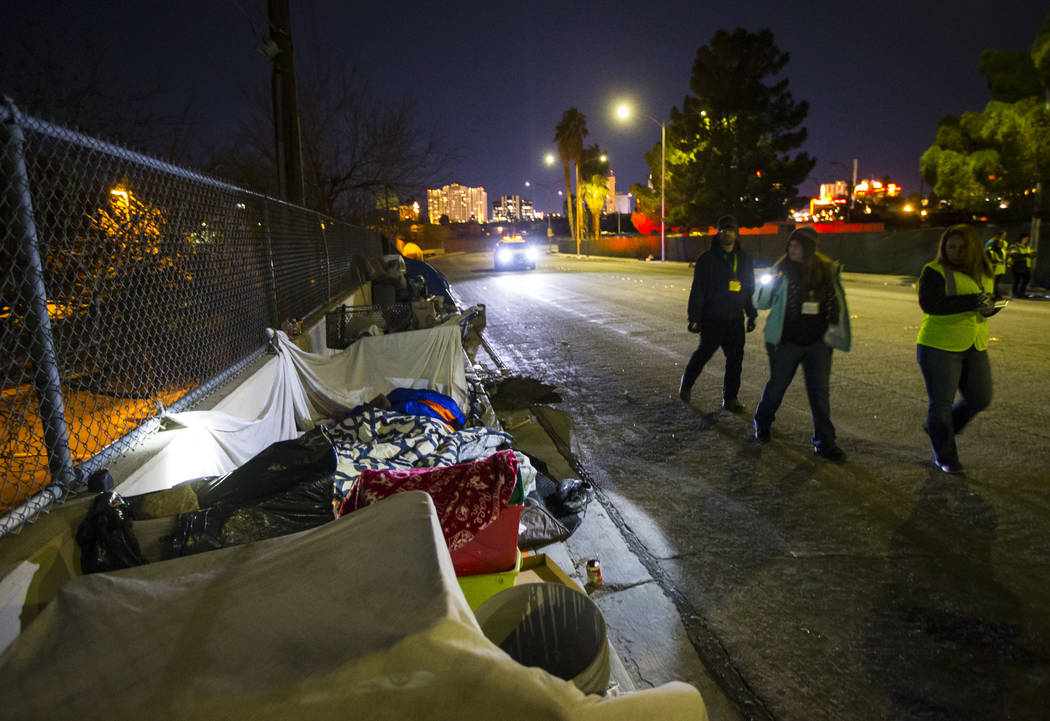Drug abuse the root cause of homelessness, City Journal contributing editor says

Drug abuse is the root cause of the rise of homelessness. An “epidemic of despair” is driving that trend. Drug treatment programs are needed to help fix these problems. That’s according to Christopher Rufo, contributing editor to City Journal.
“I think the thing that’s really truly driving the (homelessness) crisis is actually drug addiction,” Rufo said while filming Nevada Politics Today. “We’ve seen from numbers coming out of places like the city of Seattle that up to 80 percent of the people that are unsheltered and on the street suffer from substance abuse disorders, primarily heroin, methamphetamines, alcohol and other drugs. I think that we see this as the true predominant driver of the crisis, even though some of the people in the political class in our progressive cities are unwilling to admit it and insist that it’s only housing, when I think that anyone who has a good street-level view of this can see that that’s not true.”
Rufo thinks it’s rare for homelessness to lead to drug addiction, but the reverse happens often.
“I’ve talked to hundreds of folks and heard their stories, typically the addiction precedes becoming homeless,” he said. “I think it’s very unlikely for a functional family — they have a disruption in employment, they get behind on rent, they become homeless — to then go from functioning, normal, sober to shooting heroin on the streets, that’s a huge jump. It’s very unlikely in the vast majority of cases.”
An increase in the popularity of drugs like heroin and methamphetamines contributes to addiction, but Rufo thinks the root cause is something deeper.
“My view is we’re also just seeing an epidemic of despair,” Rufo said. “You’re seeing people that are at wit’s end that have lost connections with family and community that are falling prey to addictions. They don’t feel like there’s any way out, and they’re ending up on the streets.”
In the Seattle area, spending on the homeless population is the equivalent of $80,000 per person, but much of that money is wasted, according to Rufo.
“What we’ve seen is that a lot of the resources get sucked into a kind of permanent bureaucracy, a permanent infrastructure of housing programs, social service programs and very little of that money is actually getting to the people on the streets,” he said. “Unfortunately, a lot of the programs that have been put in place are perversely incentivized, so they’re actually in some cases contributing to the problem, making the problem worse.”
A potential solution is more aggressively helping people overcome their addictions and mental health challenges.
“I think one of the biggest missing pieces here is that none of the governments on the West Coast have done a serious effort to do two things,” Rufo said. “First, make on-demand drug treatment available and really getting people help through their addictions. And second, reevaluating our mental health policies. You see that 25 to 30 percent of the people are suffering from severe mental illness, like schizophrenia, severe bi-polar disorder. They’re really not able to help themselves. In many cases, they’re a danger to themselves and others.
Along with treatment, Rufo believes it’s important for local governments to enforce laws against drug use and property crime.
“What I think the evidence points to is that cities who have stopped enforcing those laws have seen an influx of people from outside those cities to really take advantage of the lax criminal policies, the lax prosecutorial policies,” he said. “I think that’s really the wrong way to go. You have to have compassionate, smart policing that incentivizes people to get help and disincentivizes people to stay on the streets.”